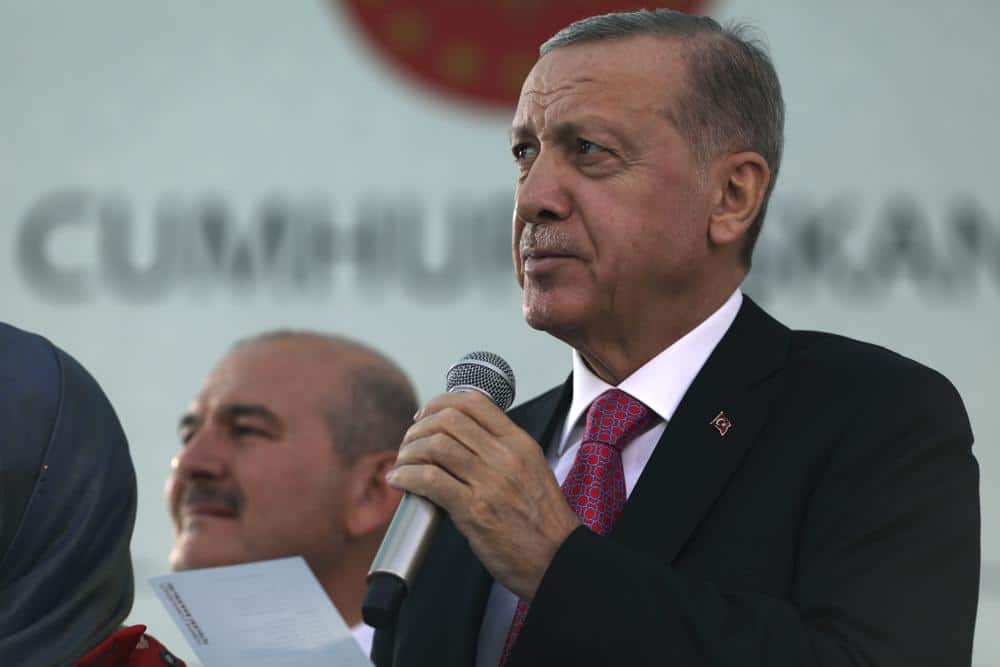Turkey’s upcoming presidential election on May 14, 2023, will see the incumbent President Recep Tayyip Erdoğan face off against Kemal Kılıçdaroğlu, the leader of the Republican People’s Party (CHP) and the candidate for the Nation Alliance. The Nation Alliance comprises six opposition parties, including the moderate-nationalist Good Party (İYİ), one Islamist party, one centre-right, and two conservative parties. In contrast, Erdoğan’s People Alliance includes his ruling Justice and Development Party (AK Party), the right-wing Nationalist Action Party (MHP), one left-wing nationalist party with Maoist roots, two Islamist parties, and one Islamist-Kurdish party with alleged ties to a terrorist organization.
The presidential race will likely hinge on several factors, including the Nation Alliance’s cohesiveness and the current government’s ability to keep the currency from collapsing before the election. While Kılıçdaroğlu may be the joint candidate for the Nation Alliance, it remains to be seen whether voters from other opposition parties will support him. Additionally, the Labor and Freedom Alliance’s position on his candidacy is uncertain, although an official announcement of support may be forthcoming.
The main campaign issues between Kılıçdaroğlu and Erdoğan center on their competing visions for Turkey’s future. Kılıçdaroğlu promises change, while Erdoğan promises stability. However, the opposition’s advantage lies in their ability to promise change with stability, while Erdoğan is left with the option of scaremongering by conjuring up doomsday scenarios of political fragmentation and chaos if he loses.
While the outcome of the parliamentary election is relatively easy to predict, with none of the alliances likely to win a majority, parties within the same alliance may not always vote as a monolith, especially on critical issues of political reform. The opposition has drafted an Agreement for A Strengthened Parliamentary System and a Memorandum of Understanding on Common Policies, which set out common objectives for their political agendas. With the main support of the Labor and Freedom Alliance, parliamentary approval of proposed political reform measures that do not require constitutional amendments is likely. However, reforms that do require broader consensus, including a restoration of the parliamentary system, may face challenges.
Despite numerous public opinion polls, relying on them to predict the outcome of the election may lead to misperceptions, as many have methodology problems. There are also concerns about election integrity, despite Turkey’s long tradition of democratic elections. Restrictions on freedom of expression, pressure on the media, and the incumbent’s access to public resources mean that Turkish elections are unfair, even if they are real and competitive.
Ultimately, the upcoming election is more than a contest between Erdoğan and Kılıçdaroğlu or the parties and alliances they represent. Erdogan is facing a wave of public anger over poor governance and misguided centralization, and with a general election just nine weeks away, a tight presidential race awaits.
Image Credit: AP Photo/Burhan Ozbilici



















